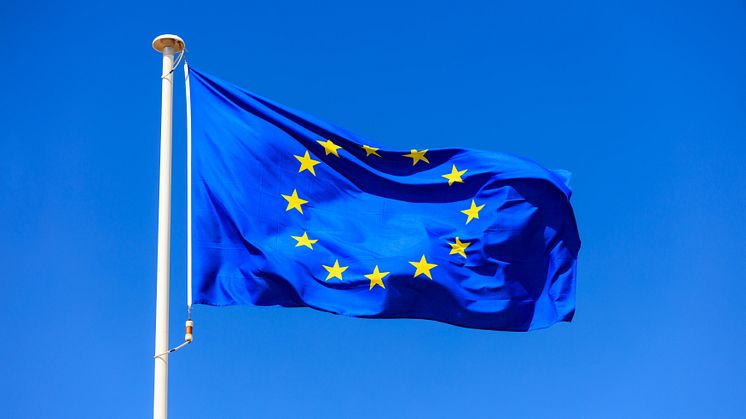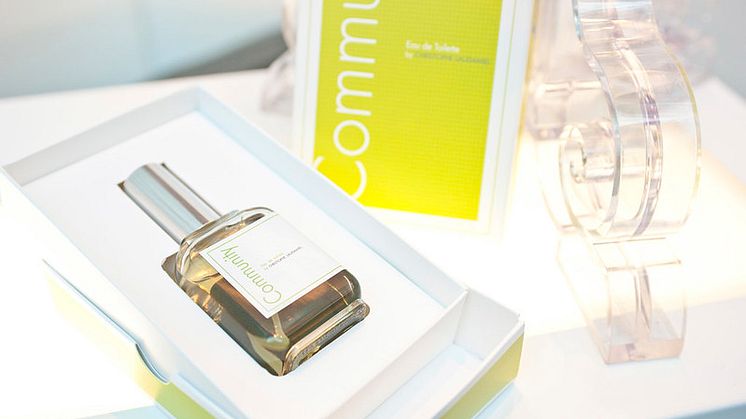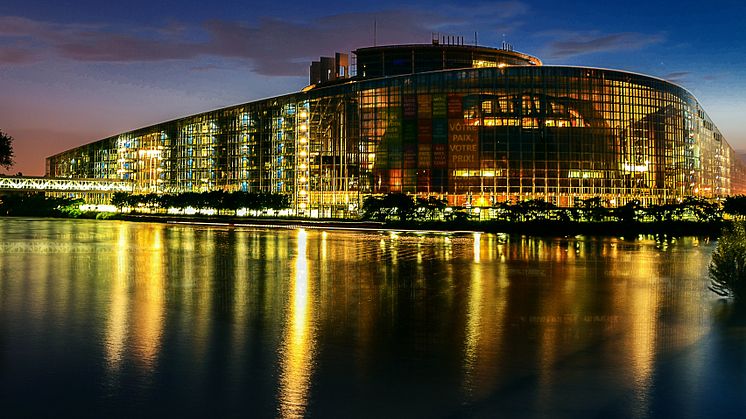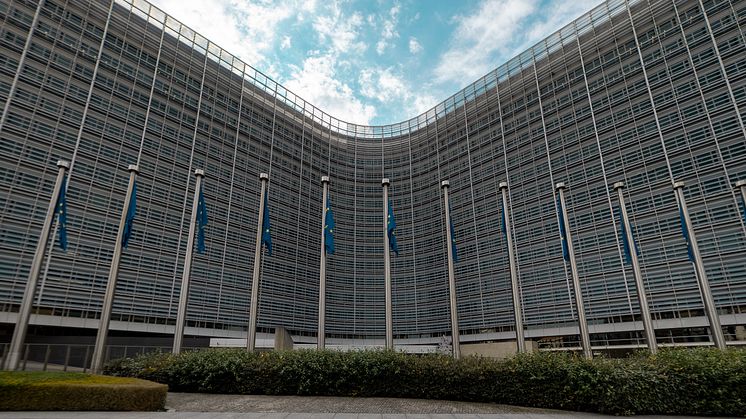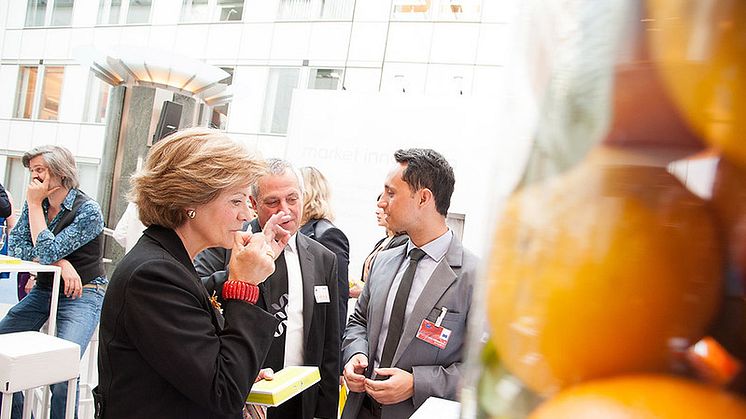
Press release -
EU Parliament to sniff out the scent of innovation
An exhibition from the International Fragrance Association (IFRA), sponsored by MEP Marielle Gallo, will be held in the European Parliament from June 4th to 6th 2013. The exhibition called ‘Innovation in Every Sense’ will be the centrepiece of a series of meetings and debates during the week on the subject of ‘Innovation for Growth’.
Visitors will be transported to the citrus groves of Calabria in Italy, the fresh sea air of the Western Isles of Scotland and the stress of the Paris Metro during rush hour. The exhibition will use multi-sensorial approaches to explain how the fragrance industry exists to innovate and innovates to exist. Three individual zones will explain how the fragrance industry invests in social innovation, scientific innovation and market innovation providing sustainable jobs and growth for Europe.
The Capua family has been supplying essential oils from Calabria for five generations and is one of the world’s most renowned suppliers of natural bergamot oils. Bergamot has extraordinary properties for fine fragrances providing beautiful and complex citrus notes. It is used in approximately one third of all male fine fragrances and half of all female perfumes.
The Capua family business has thrived through a continual focus on social innovation with the local community building strong and sustainable relationships based on mutual respect and benefit. The business acts like a cooperative helping develop important infrastructure within the community such as education and distribution. This mutually beneficial relationship is a socially innovative approach to doing business in true partnership with a community.
Off the coast of the Western Isles of Scotland, sperm whales gather year in and year out. Every now and then, a lucky walker comes across what looks like a strange looking lump of rock on the beach. What it is, actually, is a lump of Ambergris, a complex mixture of digestive juices and mucus spat out by sperm whales. After years of floating in the ocean and drying out on a beach it is then ready to be used as a perfume ingredient. Such lucky lumps of Ambergris can fetch up to 150,000 euro at auction.
For this precious fragrance material to be available to perfumers on a regular and cost effective basis, the fragrance industry embarked on a long trail of research and development to recreate the rare scent of Ambergris. This type of scientific innovation relies on specialised fine chemistry to recreate nature’s genius in a sustainable manner.
Finally, visitors will be transported to the urban bustle of the Paris metro during rush hour. As modern lifestyles pile more stress onto our daily lives, the fragrance industry is constantly striving to help relieve the stress, solve every-day hygiene problems and improve our sense of wellbeing.
Fragrance houses work hand in hand with brand owners to develop innovative new delivery systems for scents, such as encapsulation technologies, helping the soothing smell of fabric softener release gently throughout the day. Or, if you have had a very stressful day, you can enjoy a wonderful spa treatment with specifically designed scents to relax and calm. Such market innovations are a result of unique collaborations between fragrance houses and consumer goods manufacturers.
These different types of innovation can all be experienced at the exhibition. Visitors can gain a real and sensual insight into how vital the ability to innovate is for European growth in the industrial and creative sectors.
Topics
Categories
The International Fragrance Association, founded in 1973, represents the interests of the fragrance industry worldwide. IFRA comprises seven multinational Regular Members and 21 national associations in four global regions representing hundreds of small and medium-sized fragrance ingredient manufacturers, as well as supporting members. Its mission is to promote the safe use of fragrance for everyone’s enjoyment.
Fragrances are a key platform technology used by consumer goods companies – for fine fragrances, personal care products, household care and more.
IFRA’s flagship safe use program, the IFRA Standards, applies safety management measures based on scientific assessment and the evaluations of an independent Expert Panel. The program is at the heart of the IFRA Code of Practice, which applies to all IFRA members globally, including members of IFRA’s 21 national associations. The Code also requires members to abide by local, national and international regulation, and to apply good manufacturing practices.



